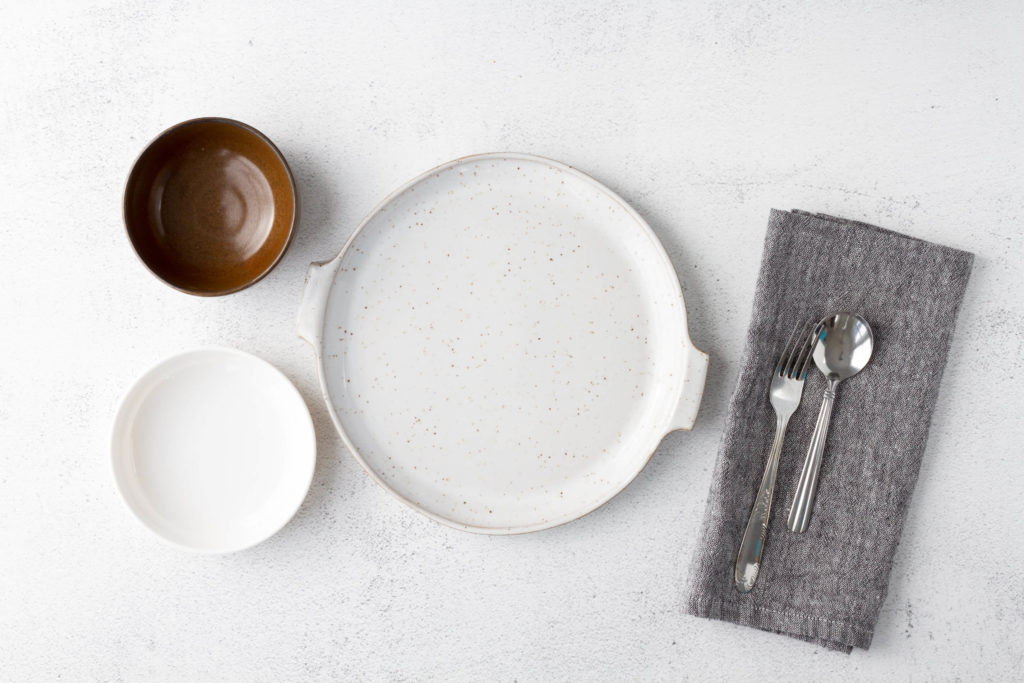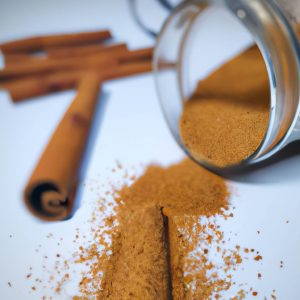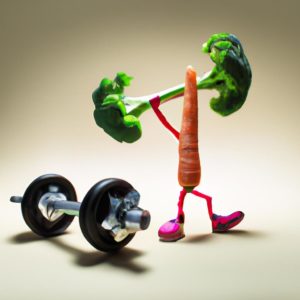What is Intermittent Fasting?
Intermittent fasting can also be known as time-restricted consuming. This is a prolonged period of no food or calorie intake. Many debate the definition of a true fast. Some argue that they are allowed to eat certain foods or drinks without breaking their fast.
Let me be clear: When I first started IF, I would only consume water, unflavoured BCAAs (branch chain amino acid) and black coffee during fasting periods.
The minimum fast should be no less than 14 hours. But I prefer to set the bar higher by requiring a minimum 16-hour fast, and an 8-hour eating window. The common question is “Does sleep count as fasted time?”. The technical meaning of this is that if you have slept for seven hours, your remaining fasting time will be nine hours. This is based on the 16 hour minimum.
How to Break a Fast while Intermittent Fasting
The goals of the fast will determine how you break it. Most people fast for weight loss, so the following instructions will be focused on that.
A very strict regimen was what I followed when I was trying to lose weight by fasting. It worked well. You should exercise during fasting so that your body does not use calories from food. Instead, it seeks out energy from stored fat.
It is quite straightforward really. If you don’t eat food, your body will require energy from fat to exercise. I did a 15-minute warm up cardio at a moderate speed, followed by bodybuilding-style weightlifting (high repetition) and a 10-minute cool down cardio at a moderate speed. It is important to note that heavy weight lifting should not be done while intermittent fasting is being practiced. This was why I focused on bodybuilding with high repetitions (lower weight).
After you’ve completed your fasting workout, you can now think about what you will eat to break the fast. Clean eating is key to breaking fasts. This means that you should eat healthy food and avoid sugary fast food. It’s not a good idea to eat junk food and recoup all the hard work you put in from exercising and fasting.
I prepared salads, lean meats such as steak or chicken, for breakfast at 16, 18, and 20 hours. I kept my carbohydrate intake low by eating brown rice and vegetables such as broccoli, cauliflower, or Brussel sprouts.
You should plan ahead when breaking a fast. This will allow you to have enough time to eat the first meal and then digest it before you move on to the next meal. You should not eat every calorie in a single meal. It can be difficult and taxing on the digestive system. You can start slowly by eating two to three meals per meal.
People make the common mistake of eating too much food when breaking their fast. This can cause discomfort and bloating. To ensure your body absorbs the nutrients and sustains itself for your next fasting day, I recommend that you take your time with your first and second meals.
IF is like a house made of cards. If you eat junk food and have long-term digestive problems, such as nausea, vomiting, diarrhea, and even more, it can cause damage to your body. Water-fasting is a way to clean up and maintain your temple. Consider all the hard work you have done throughout the day when breaking a fast. Don’t let poor nutrition or bad dietary habits ruin your hard earned efforts. You must focus on your plan, goal, future results, and how you will achieve them!







